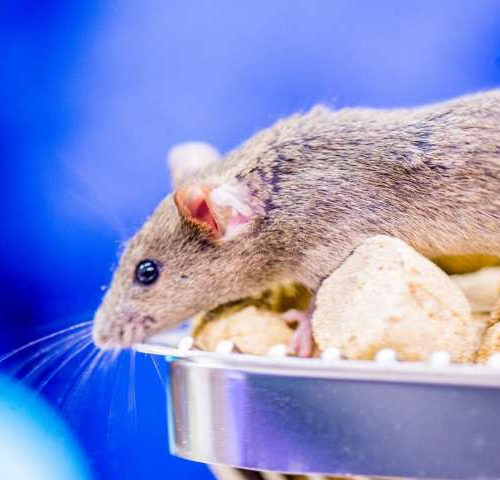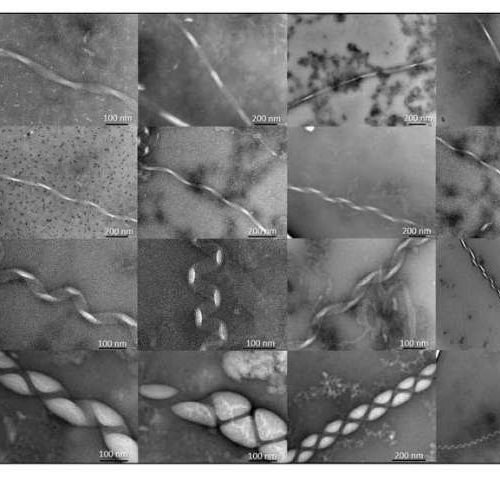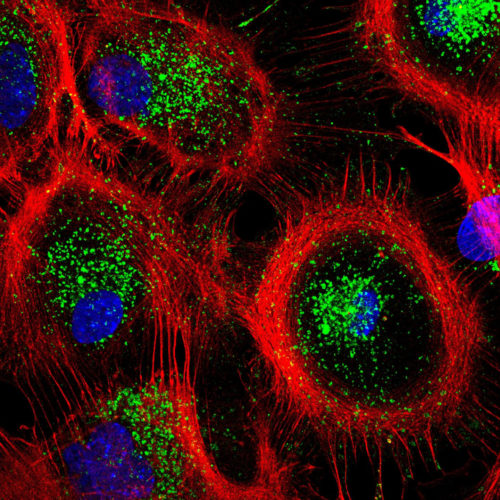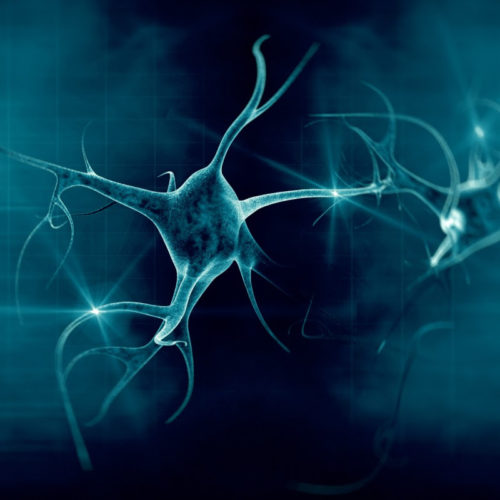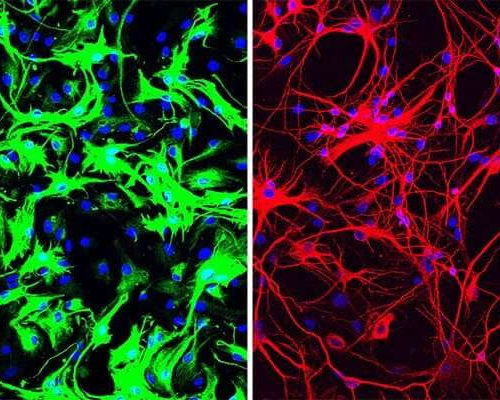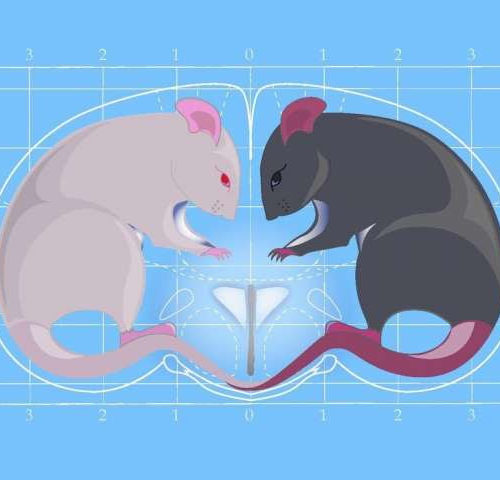by University of Zurich Humans and animals have the ability to constantly adapt to new situations. Credit: Frank Brüderli; Universität Zürich Greetings without handshakes, mandatory masks in trains, sneezing into elbow crooks—the COVID-19 pandemic dramatically illustrates how important it can be for humans to shed habitual behaviors and to learn new ones. Animals, too, must be...
Tag: <span>brain cells</span>
Unique protein structures could hold the key to Parkinson’s disease
by University of Bath Scientists at the University Bath have discovered a series of protein structures that are thought to be highly relevant to the onset of Parkinson’s disease. It is hoped that further analysis of these structures will open up a new avenue for potential treatment for a disease that is the fastest growing...
The discovery of a ‘negative regulator’ in the brain alters understanding of brain function and potential treatment of cognitive disorders
The brain has an uncanny ability to enhance or reduce communication between brain cells. Whether or not communication is fast or slow changes the brain’s overall function. Understanding how these cells communicate within the brain is critical to understanding how our bodies and minds work together. Terunaga Nakagawa, associate professor of molecular physiology and biophysics,...
Study pinpoints brain cells that trigger sugar cravings and consumption
by Jennifer Brown, University of Iowa The hormone FGF21 is made in the liver and acts in the brain to suppress sugar intake and the preference for sweet taste. The cartoon illustrates the role FGF21 plays in food choices.Understanding the biological mechanisms that control sugar intake and preference for sweet taste could have important implications...
Osmotic stress identified as stimulator of cellular waste disposal
IMAGE OF MOUSE ASTROCYTES SHOWING THE ACTIN CYTOSKELETON (RED) AND LYSOSOMES (GREEN) view more CREDIT: TANIA LOPEZ-HERNANDEZ Cellular waste disposal, where autophagy and lysosomes interact, performs elementary functions, such as degrading damaged protein molecules, which impair cellular function, and reintroducing the resulting building blocks such as amino acids into the metabolic system. This recycling process...
Yale captures first ever video of brain clearing out dead neurons
By Michael Irving June 28, 2020 In the average human body, tens of billions of cells die everyday. It’s a natural process, important for keeping the body healthy. Now, for the first time, researchers at Yale School of Medicine have directly imaged the death of neurons in mice, as well as how the body clears...
One-time treatment generates new neurons, eliminates Parkinson’s disease in mice
by University of California – San Diego Xiang-Dong Fu, Ph.D., has never been more excited about something in his entire career. He has long studied the basic biology of RNA, a genetic cousin of DNA, and the proteins that bind it. But a single discovery has launched Fu into a completely new field: neuroscience. For...
Silicones may lead to cell death
by Radboud University Nijmegen Silicone molecules from breast implants can initiate processes in human cells that lead to cell death. Researchers from Radboud University have demonstrated this in a new study published on 12 June in Scientific Reports. “However, there are still many questions about what this could mean for the health effects of silicone...
The ‘love hormone’ oxytocin can also give rise to aggressive behavior
by Max Planck Society During the pandemic lockdown, as couples have been forced to spend days and weeks in one another’s company, some have found their love renewed while others are on their way to divorce court. Oxytocin, a peptide produced in the brain, is complicated in that way: A neuromodulator, it may bring hearts...
Scientists find evidence of link between diesel exhaust, risk of Parkinson’s
by Caroline Seydel, University of California, Los Angeles A new UCLA study in zebrafish has identified the process by which air pollution can damage brain cells, potentially contributing to Parkinson’s disease. Published in the peer-reviewed journal Toxicological Sciences, the findings show that chemicals in diesel exhaust can trigger the toxic buildup of a protein in...

